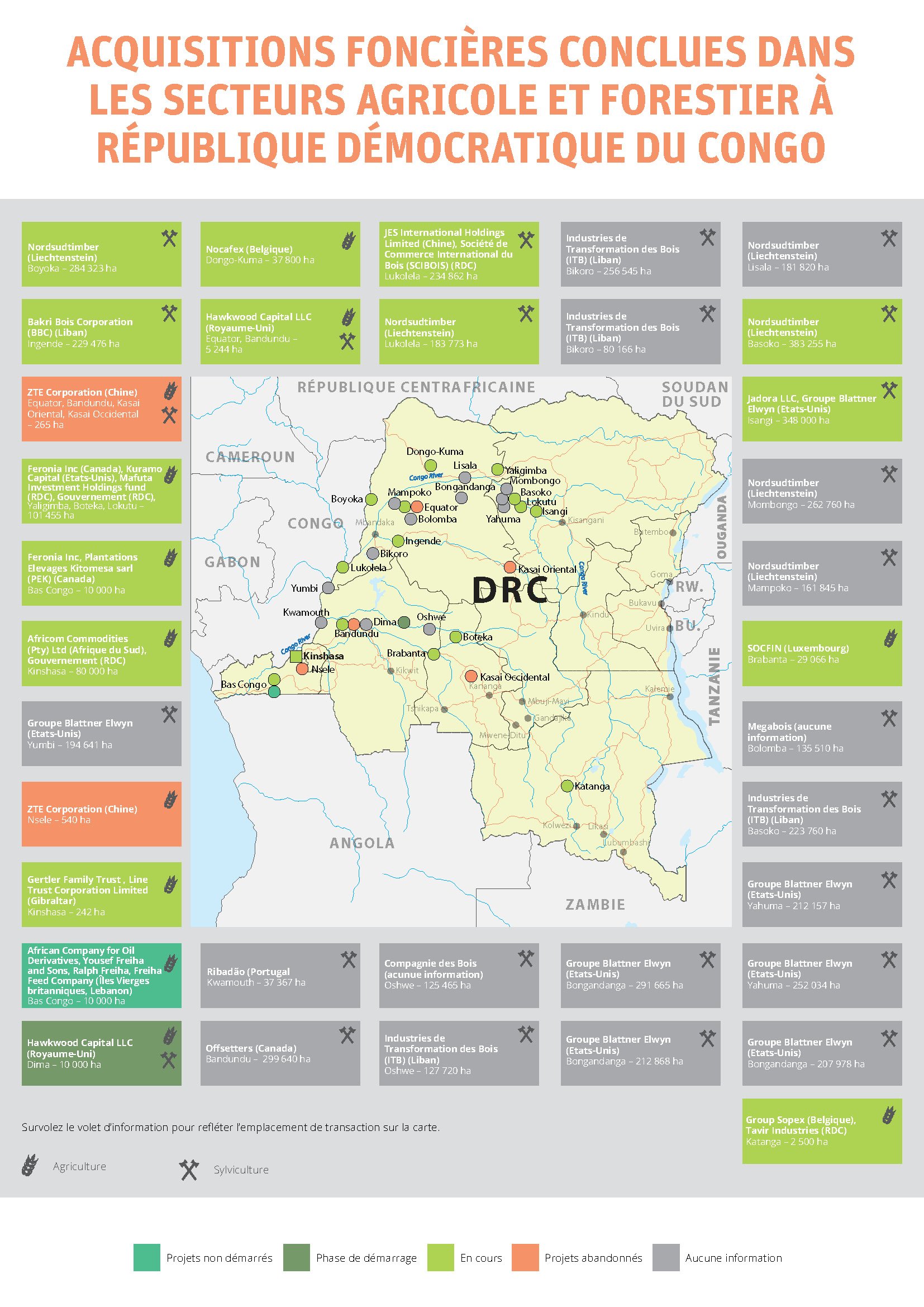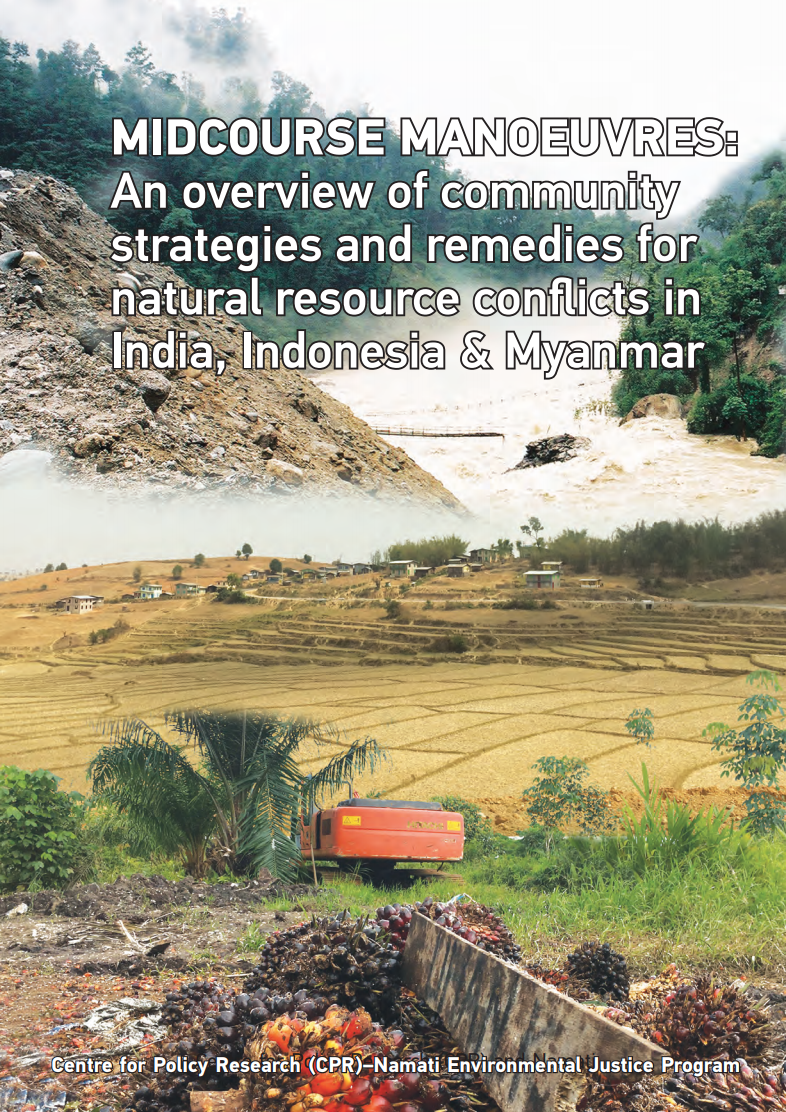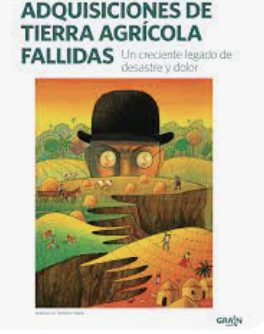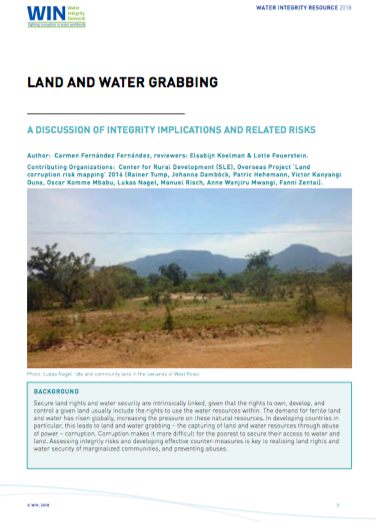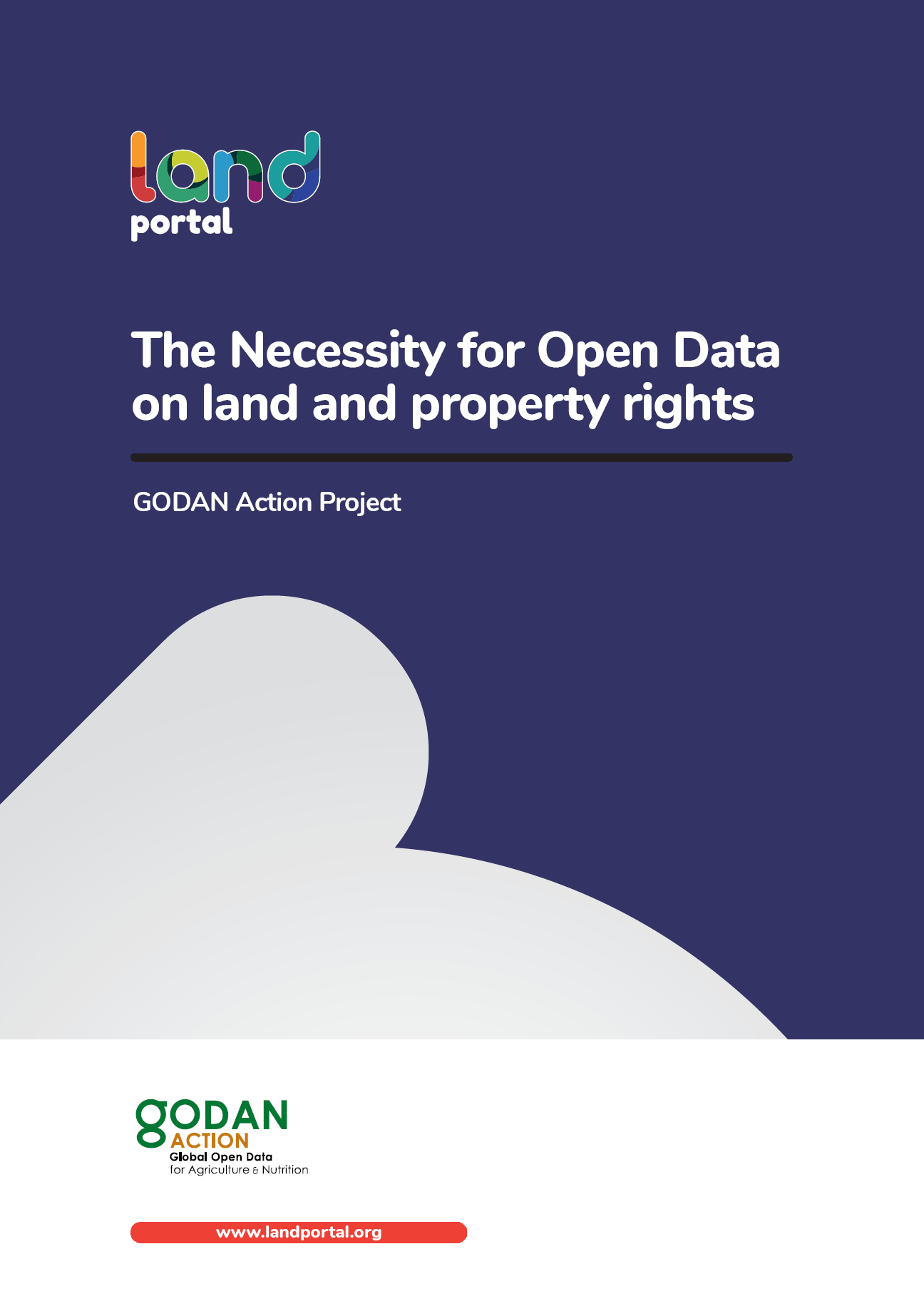République Démocratique du Congo - Acquisitions foncières à grande échelle
Ce profil pays présente les données de la Land Matrix pour République Démocratique du Congo et inclut les acquisitions de terres à grande échellequi:
• consistent en des transferts du droit d’exploitation ou de contrôle des terres au moyen bail ou de la concession;
• couvrent des surfaces de 200 hectares ou plus;
• ont été initiées depuis l’année 2000;
• impliquent une conversion potentielle des terres (souvent de pâturages extensifs et de services écosystémiques vers un usage agricole);

